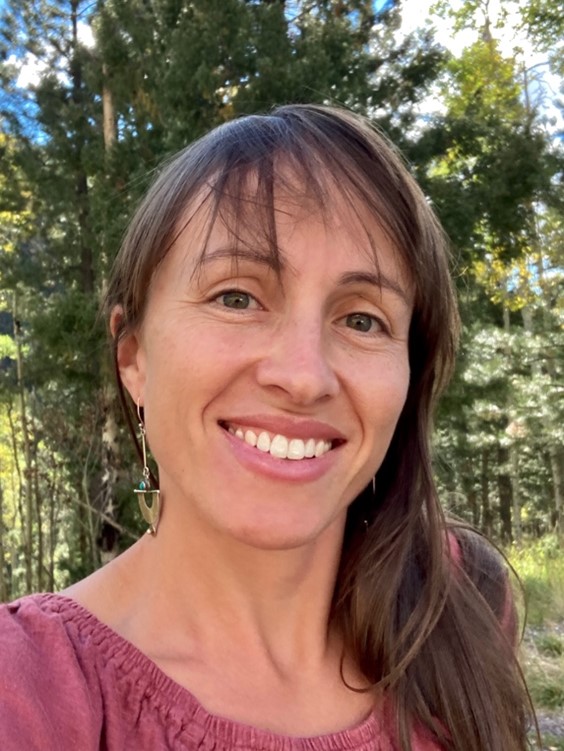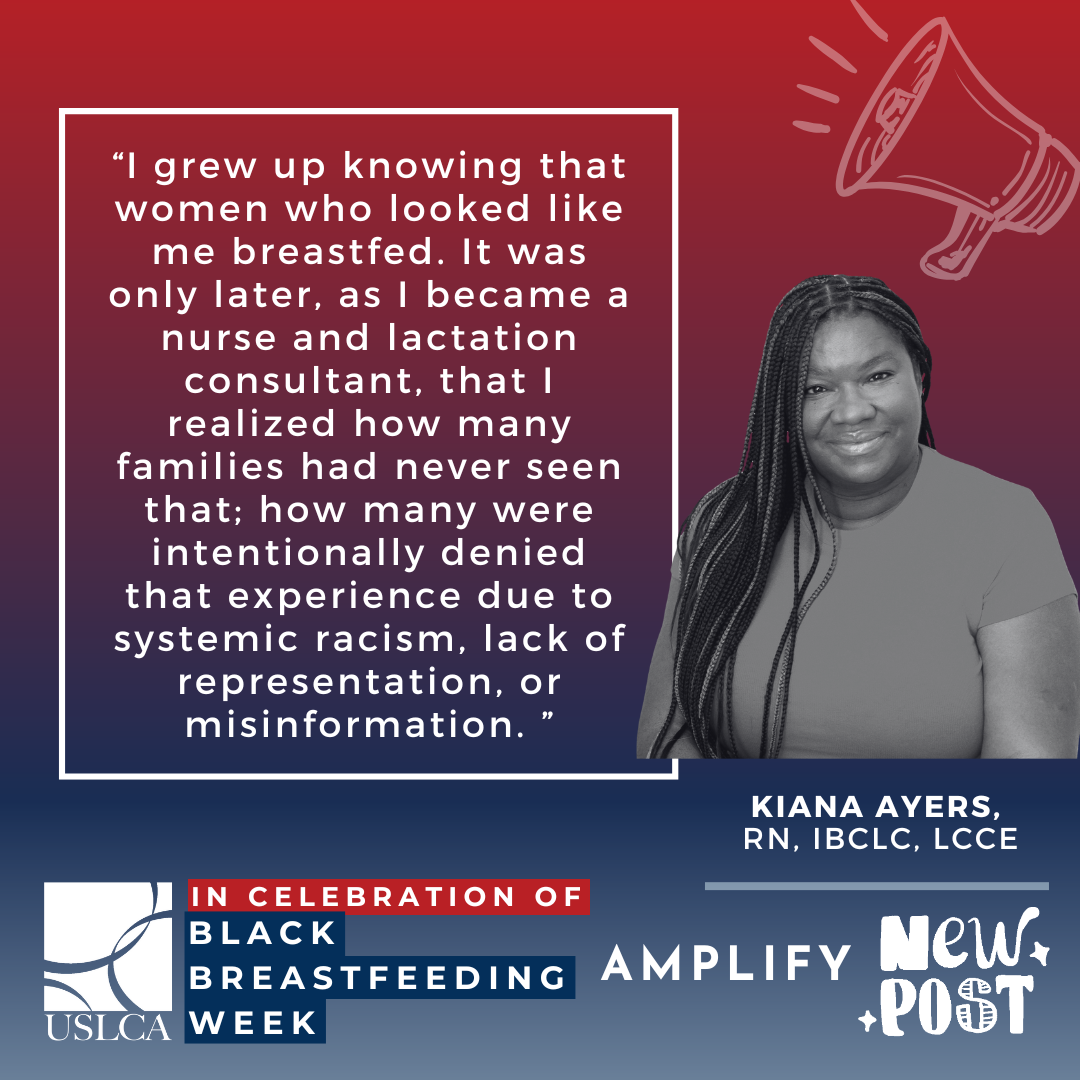The following piece discusses infant loss and may be triggering for some.
—-
By Hope Logghe, IBCLC
October 15, 2021
 October is Pregnancy & Infant Loss Awareness Month when we remember all the families who are grieving after facing the most unimaginable losses- miscarriage, stillbirth, and infant loss. When I lost my own daughter, Jade, after a healthy pregnancy and full term delivery, I felt alone in my grief. Later I realized I was going through something that isn’t uncommon. 10-15% of known pregnancies end in miscarriage and about 1 in 160 babies are stillborn each year in the United States. For marginalized communities, the rates of infant mortality are even higher. So many new parents are walking around without a baby in their arms but with their precious child constantly in their hearts and minds.
October is Pregnancy & Infant Loss Awareness Month when we remember all the families who are grieving after facing the most unimaginable losses- miscarriage, stillbirth, and infant loss. When I lost my own daughter, Jade, after a healthy pregnancy and full term delivery, I felt alone in my grief. Later I realized I was going through something that isn’t uncommon. 10-15% of known pregnancies end in miscarriage and about 1 in 160 babies are stillborn each year in the United States. For marginalized communities, the rates of infant mortality are even higher. So many new parents are walking around without a baby in their arms but with their precious child constantly in their hearts and minds.
As perinatal healthcare professionals, we can help to offer a voice around perinatal loss and offer support during a time when lactation care is so often left out of the clinical picture. Bereaved parents need a visit from a lactation consultant because their body will make milk regardless of whether there is a baby to feed. They have not only lost their child but also the opportunity of a breastfeeding relationship. We can help families to feel more equipped when milk production begins by offering them anticipatory lactation guidance so they know that what is happening is a healthy and normal process.
Because families lose infants without warning, as lactation professionals we might also suddenly find ourselves in the room or on the phone with a family who has lost a baby. It is normal to feel awkward or to not to know what to say, often the family is uncertain about what to say as well. Saying or doing the right thing is not important. What really matters is slowing down and entering the room or making the phone call with our solid and loving presence. Although we can’t take their heartbreak away, we can be good listeners and offer information that will help them navigate an impossibly difficult time.
Here are some things I have found helpful during the early days of my own loss and in my subsequent work with bereaved families:
- Check in with yourself first
Take a moment to check in with yourself before you enter the room or make a phone call. Do parts of you feel anxious? Do you have a lump in your throat or butterflies in your stomach? Acknowledge where in your body you feel these sensations and emotions and send that place some care. If we slow down long enough to be honest and compassionate with ourselves about our own discomfort, we can approach a grieving family from a more calm and caring place.
- Sit and listen
Meet the parents where they are and follow their lead. Every family will process this experience differently. If we listen and refrain from offering too much information or trying to remedy their devastation, the family will feel more comfortable to be as they are. It is okay to allow your own emotions to show. Just be sure to process your grief with friends and colleagues, not your clients.
- Offer milk options
Prepare families for the fact that their body may make milk- from just a few drops to a full supply. Even with earlier term losses, knowing that milk production can occur can provide reassurance to parents that this is normal. Check in with them when their milk comes in to see if they need some support with the discomfort of engorgement. A lactating parent may like to know about the option of donating milk to a milk bank or they may need support in slowly decreasing milk production. Offer the family options for what to do with any milk they may have already stored at home or at the NICU. Knowing all the available options will allow a parent to decide what is right for them.
- Provide information on milk donation
Donating milk to help other medically fragile babies in NICUs has been shown to be healing both physically and emotionally for some bereaved families. Routinely pumping milk can become a ritual that helps parents to maintain a unique connection with their baby. It can also allow the parents to give a gift that makes a difference in the lives of others, bringing meaning to their baby’s life.
To quote one of my clients, “I chose to donate because I wanted Thea’s life to be meaningful… She gave me a beautiful gift that I was able to share with others. Together, Thea and I were able to help others and bring some good out of all our sadness.”
It is important to note that milk donation is not for everyone. It may feel overwhelming or the parent may not be producing enough milk to qualify for donation. There are also many eligibility requirements in terms of pumping protocols and acceptable medications. You can give your local milk bank a call (In the United States this would be the Human Milk Banking Association of North America. Many countries have similar milk banking organizations, some of which are listed here.) and assess whether your client might be eligible to donate before having them call for a screening interview.
- Provide written resources
Grieving parents are often in shock and they may forget the information you shared with them. It is a good idea to offer written resources about breast care, milk suppression, milk donation options, local IBCLCs, grief counselors, and bereavement support groups, so they have something to refer to later.
- Help obtain a breast pump
If the parent wants to pump their milk, see if you can locate a breast pump. A silicon hand pump may be useful to ease some discomfort of engorgement. Electric pumps are preferable if the family is planning to express milk for the purpose of donation. Unfortunately, many insurance companies don’t cover breast pumps for a family requesting one after the loss, so extra advocacy is sometimes required to locate one. It may be worthwhile to ask breast pump companies if they are willing to donate some pumps to keep on hand for bereaved families.
- Acknowledge their baby
Not every family wishes to discuss their infant and that’s okay. If they do, use the baby’s name if they were given one. Ask to see photos. A family who has lost a baby often wants to share them with others and to know that their child’s life made an impact. If the family is open to being contacted in the future, it can be meaningful to mark your calendar with the baby’s birth and death day and send a message or card on anniversaries. Don’t avoid bringing up the baby in the future. It is likely they are already thinking of their baby. Instead of reminding them of something sad, you will be remembering one of the most important people in their world.
Less is more when it comes to sitting with a family who is suffering a loss. When I found myself in that hospital bed, with engorged breasts and empty arms, the people who felt the most supportive were those who listened to me process the shock I was experiencing, who brought me a bowl of soup, who adored my baby with me, and who gave me the time I needed to make difficult decisions. This work isn’t easy, but our willingness to sit with the discomfort, while sensitively offering lactation guidance, could be a meaningful exchange that the family will remember for years to come.
Feel free to light a candle this evening (October 15th) at 7pm in your own time zone to participate in the Wave of Light, an international event to honor all our babies that left us too soon.
Helpful Resources:
- Breast Massage and Hand Expression Following Perinatal Loss vimeo.com/374979707
- La Leche League: Lactation After Loss https://lllusa.org/lactation-after-loss
- Lactation After Perinatal, Neonatal, or Infant Loss. Melissa Cole. Clinical Lactation. Vol 3 Issue 3. https://connect.springerpub.com/content/sgrcl/3/3/94
- The Grief ritual of extracting and donating human milk after perinatal loss https://pubmed.ncbi.nlm.nih.gov/32889168
- The Institute for Birth, Breath, and Death https://birthbreathanddeath.com/product/holding-space-for-pregnancy-loss
- Speaking Grief: https://speakinggrief.org/get-better-at-grief/supporting-grief/be-authentic
Bio:
Hope Logghe, IBCLC (she/her) is a lactation consultant and a bereaved mother who has offered perinatal support to families since 2008. She coordinated a community-based doula program at Tewa Women United in Northern New Mexico. She also served as a milk donor screener and bereavement program coordinator at Mid-Atlantic Mothers’ Milk Bank in Pittsburgh, PA. She currently lives with her two children and her husband in New Mexico. She offers online grief support groups to bereaved families and Lactation After Loss workshops and consultation to healthcare providers and milk banks.
Please feel free to reach out with questions.
The content of this post does not imply endorsement and may not reflect the position of USLCA.



